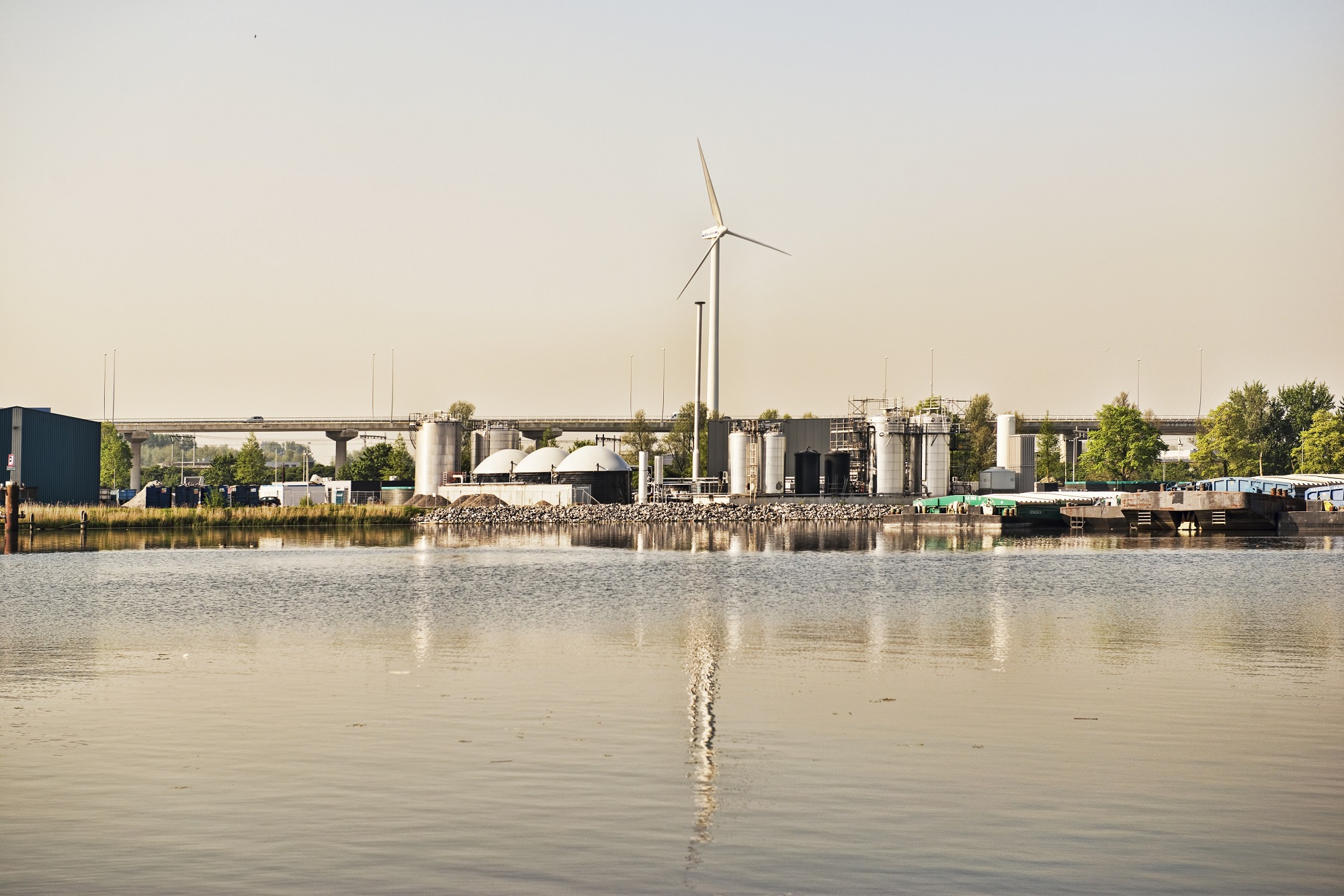Next year ChainCraft, with support from the NOM and others, wants to start building a full-scale plant in the northern Netherlands for the production of biobased fatty acids.
Started in 2010 as a spin-out from Wageningen University, ChainCraft scaled up in recent years from lab, to pilot plant, to a demonstration plant in the port of Amsterdam. Now it's time for the next step: realizing the first commercial fermentation factory. In the Northern Netherlands, that is.
ChainCraft uses fermentation to make sustainable fatty acids from organic waste streams such as fruit and vegetable scraps. These so-called medium-long fatty acids are used in the food, animal feed and chemical industries. Among other things, they are used as raw materials for animal feed, paints, plasticizers, coatings and fragrances and flavorings.
Patented fermentation technology
'By the traditional chemical industry, fatty acids are mostly extracted from palm oil and petroleum,' says CEO and co-founder Niels van Stralen. 'ChainCraft has developed a green alternative for this. Through our patented fermentation technology, petroleum- and palm oil-based fatty acids can be replaced by high-quality fatty acids that are produced in a fully circular way.
Relatively soon after its founding, ChainCraft was able to convince investors, suppliers and customers of their sustainable story. Funding was raised to establish a pilot plant and later the construction of a demonstration plant where some 2,000 tons of fatty acids could be produced annually. By now, the company has more than proved its worth. Not without reason, interest from suppliers and customers continues to grow and the financiers of the first hour, including Shift Invest, are still on board. ChainCraft is now facing the next phase by scaling up its production capacity by a factor of ten to twenty.
First launching partner
Originally, the plan was to build the plant in Amsterdam or the surrounding area. That turned out not to be feasible for several reasons. 'On the one hand, there was a lack of space, particularly with regard to the power supply,' Van Stralen explains. 'But in addition, it also had to do with the fact that we focused on taking residual streams from the agricultural industry. On residual streams from companies that process sugar beets, wheat, corn or potatoes, for example. Moreover, in order to be assured of a sufficient supply of organic residual streams without high transport costs, and thus environmental burdens, we want to establish ourselves close to a major player from the agri-food sector. And yes, that is rather difficult in the Amsterdam area. You quickly end up in the north of the country. Indeed, the contract with a first launching partner is almost ready to be signed.'
Interesting ecosystem
Shift Invest, one of the larger impact investors in the Netherlands, put ChainCraft in touch with NOM. Besides offering financial support, NOM is an excellent party to guide the company and show it the way in the region. In terms of permits, for example, and establishing contacts with relevant companies, municipalities and provinces. 'Because we are not yet established there, it is of course nice to have a partner who knows the region inside out,' underlines Pieter van Maren, CFO of ChainCraft. 'We are already reaping the benefits of that. We notice that the ecosystem in the Northern Netherlands is more than interesting to us.'
Prefinancing
For that matter, ChainCraft was not entirely new to NOM. At an earlier stage, Investment Manager Ruud van Dijk had already drawn the company's attention to the opportunities in the northern Netherlands. 'Besides a strong agrifood sector, the region has several companies involved in fermentation,' says Van Dijk. 'At the same time, the Hanzehogeschool and the RUG have a lot of knowledge about the theme. ChainCraft, which consists of a resilient and robust team, fits very nicely in between. That's why we are happy to invest in this scale-up.'
Consortium
At its core, it is pre-financing. Thus, the money will be used for the preparation, testing of installations and technical design of the full-scale plant. Van Dijk: 'We are investing together with SHIFT Invest, Convent Capital Agri Food Growth Fund, Horizon 3 and PDENH. In addition, ChainCraft recently received a European grant from the European Innovation Council (EIC) program, and AKEF and Port of Amsterdam are also involved as debt providers. Such a consortium is good, because it means that we can absorb any setbacks together and can later also jointly provide part of the follow-up funding for the actual construction of the factory. You don't set up a factory like this overnight. Both the route to it and the funding of the factory itself are quite capital intensive.
Construction is expected to begin next year, with the plant eventually being operational in 2027. 'We want to make a big step and are taking a small step to do that now,' Van Stralen states. 'Our ambition is to scale up to multiple full-scale plants to make as much sustainable impact as possible.'
